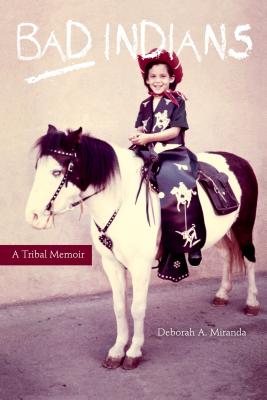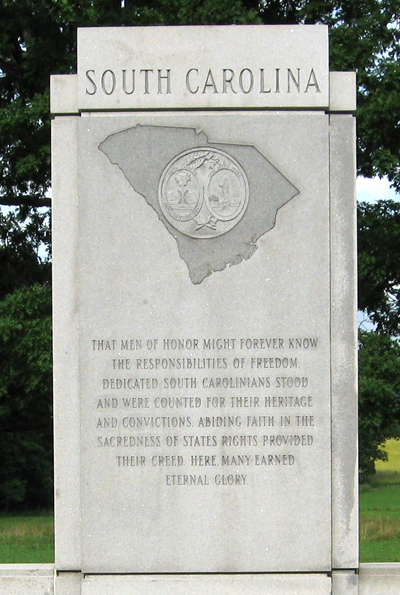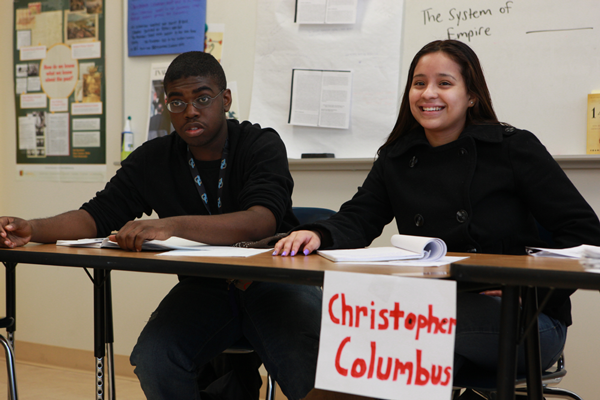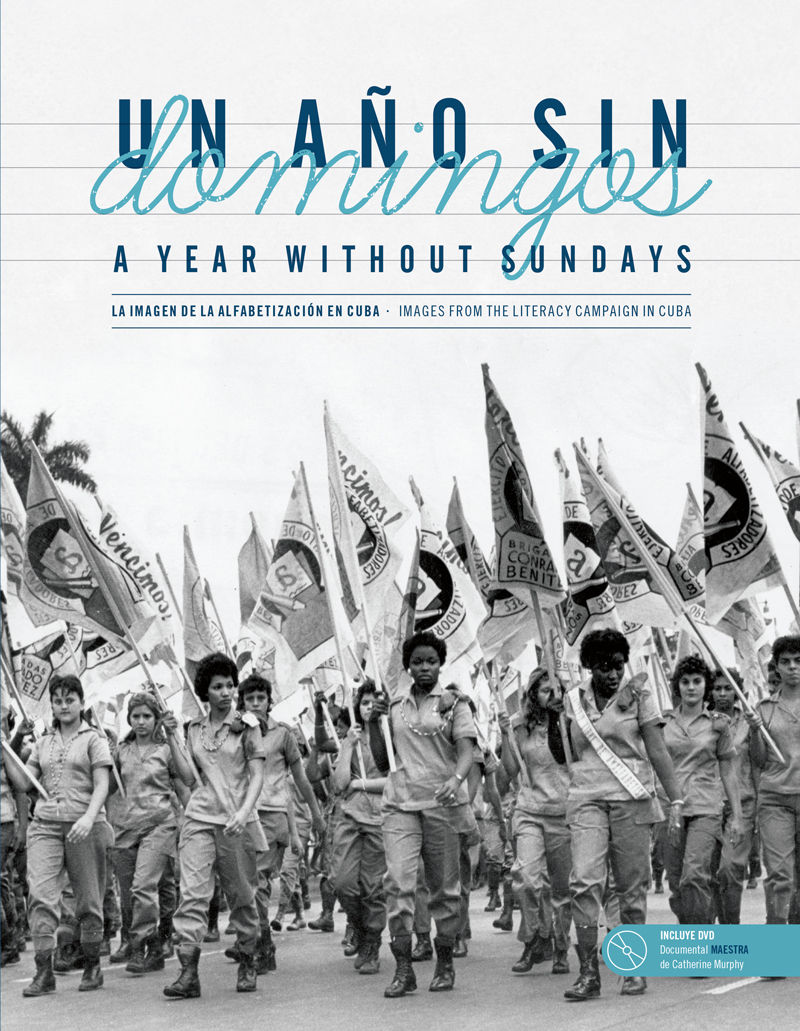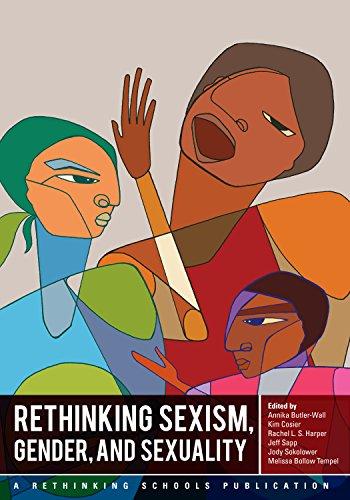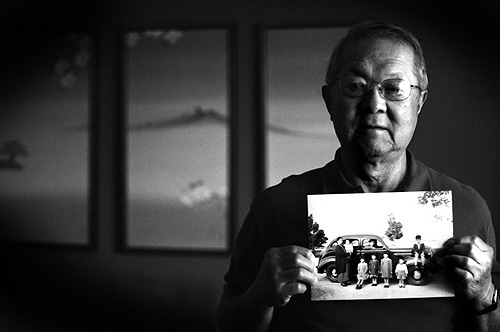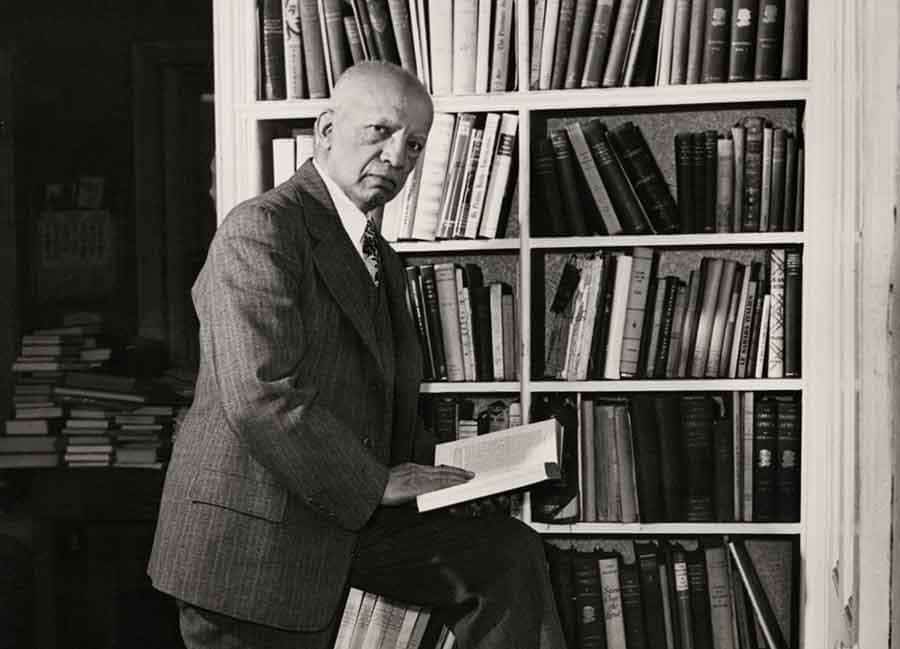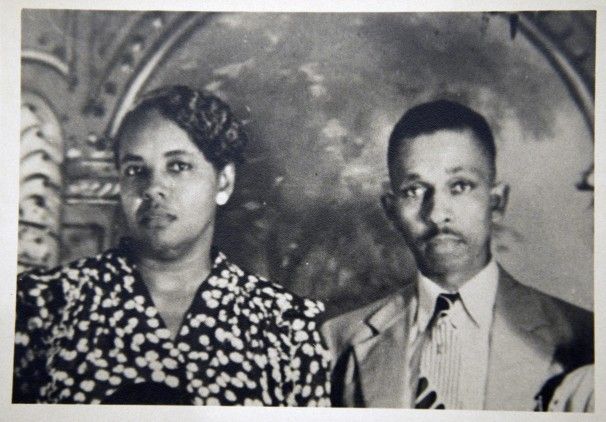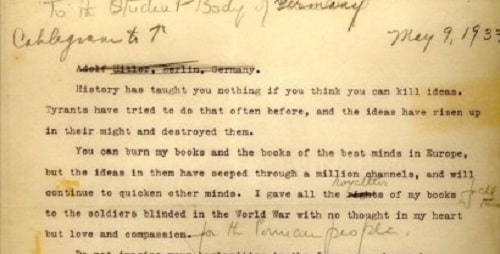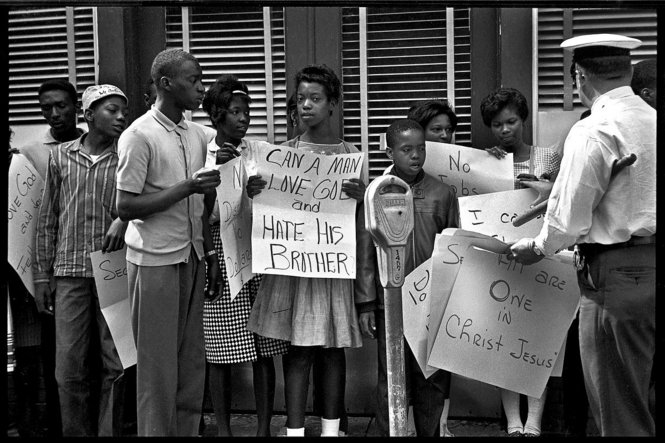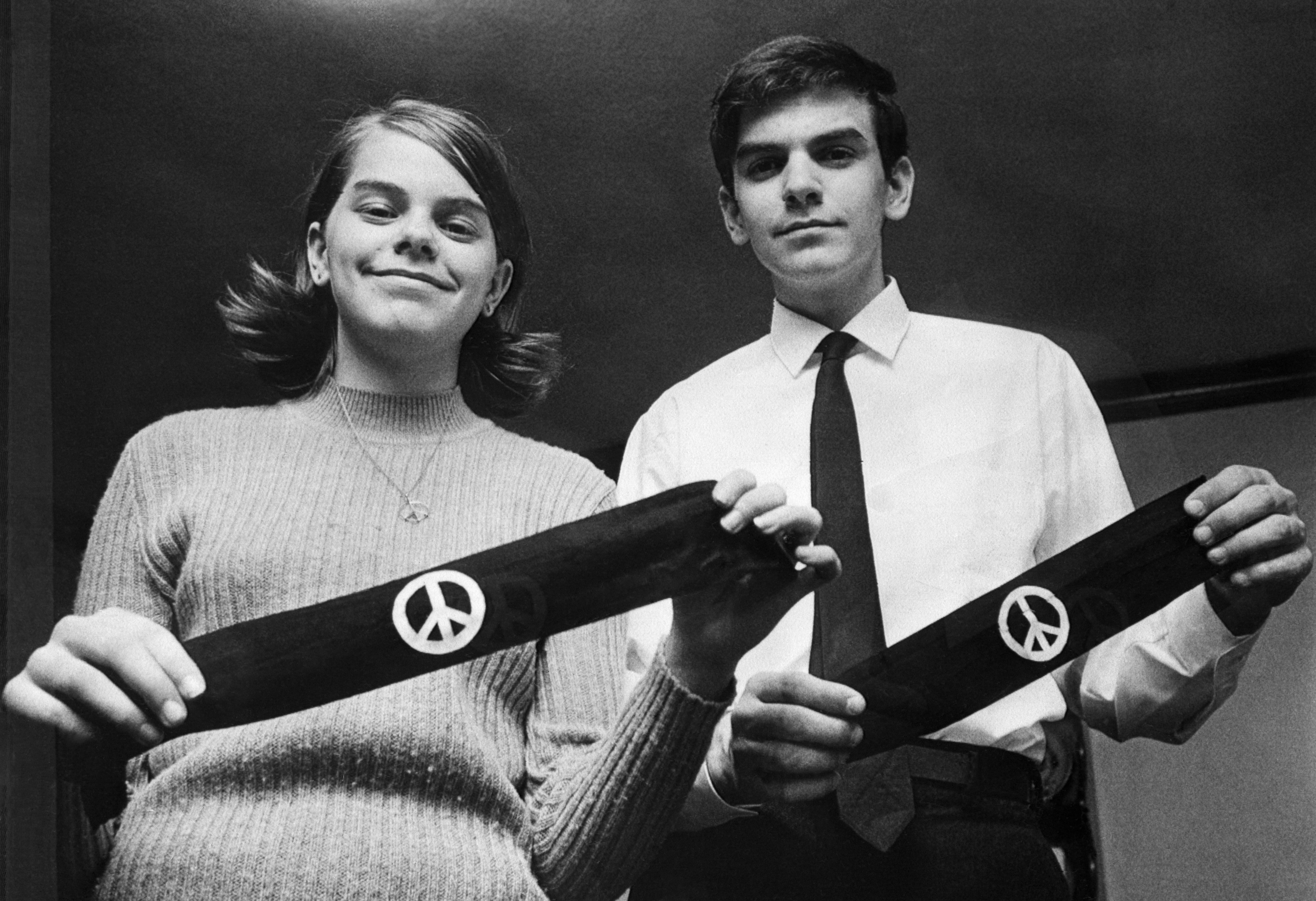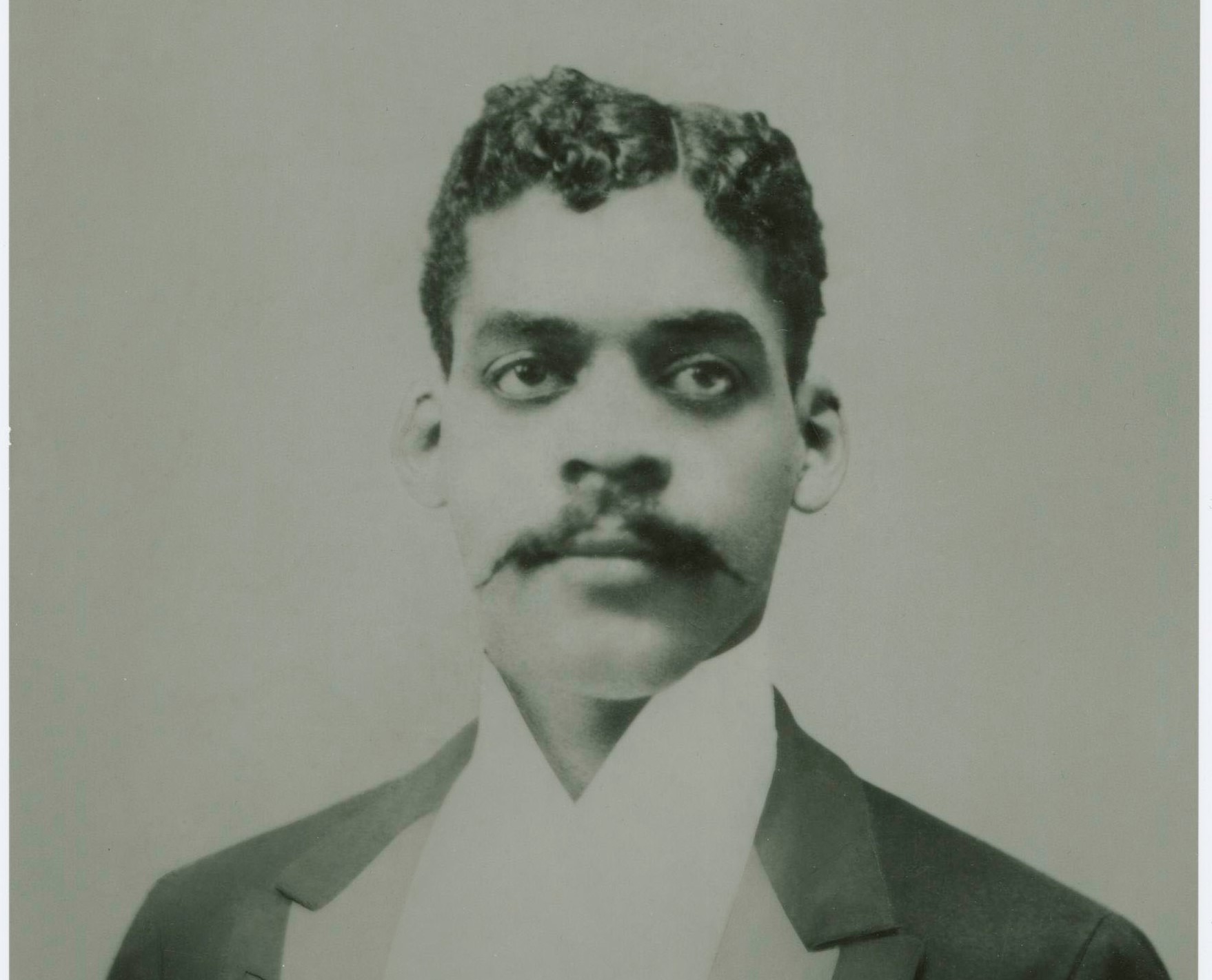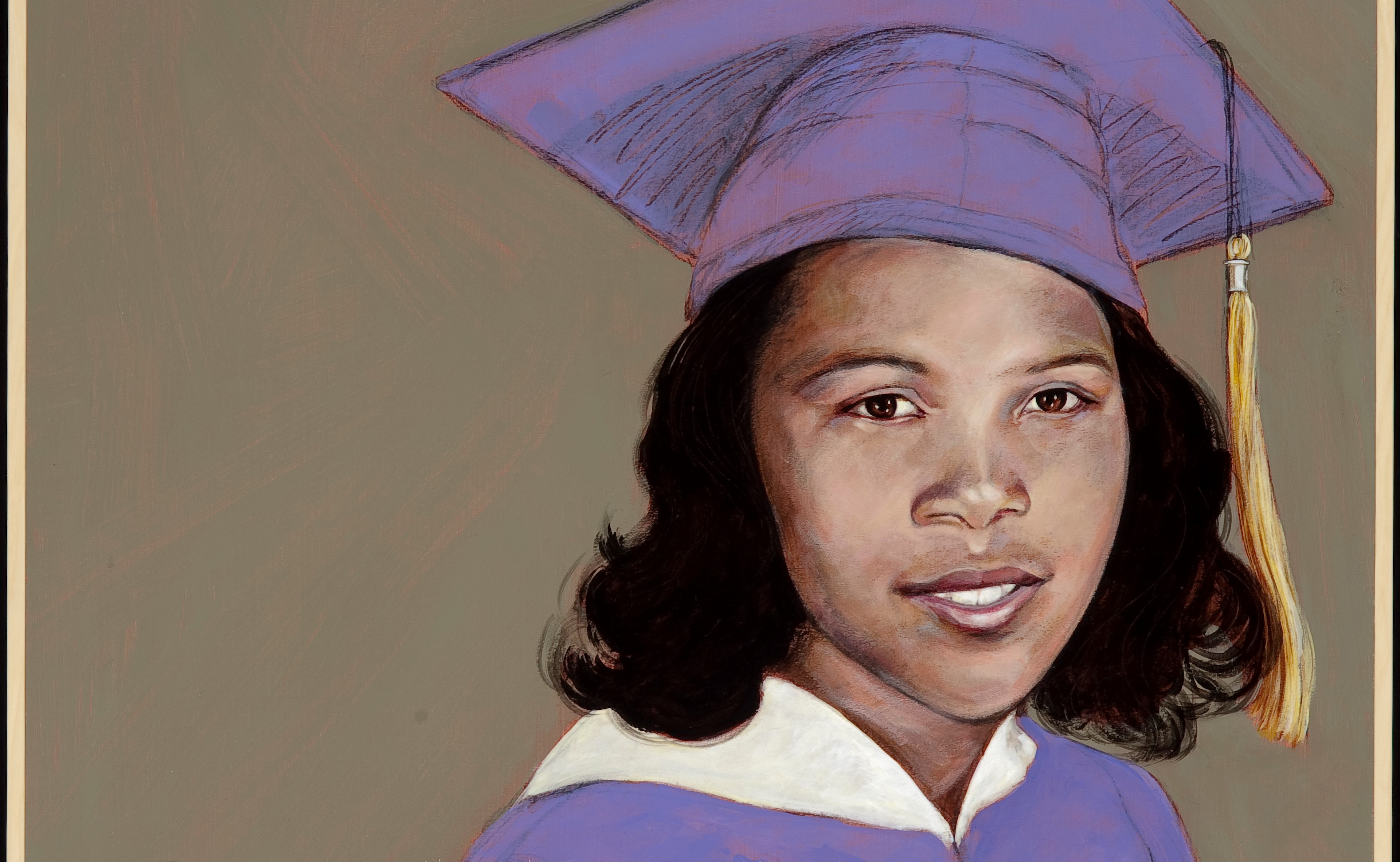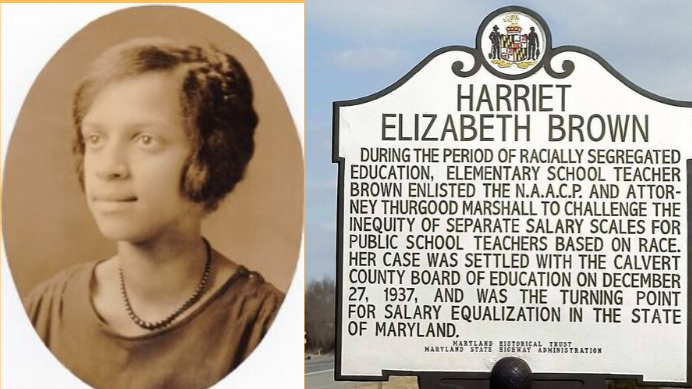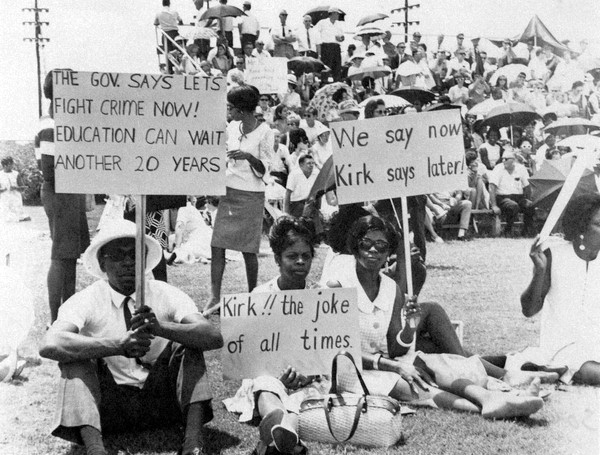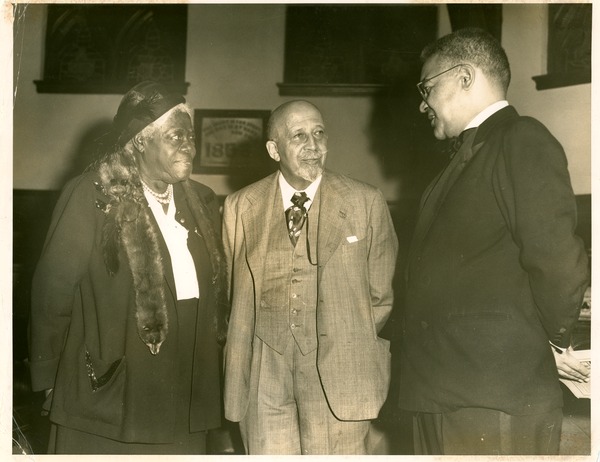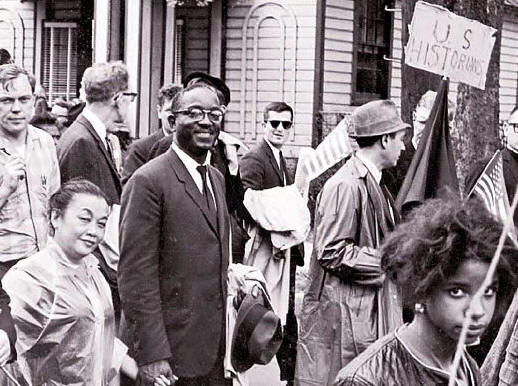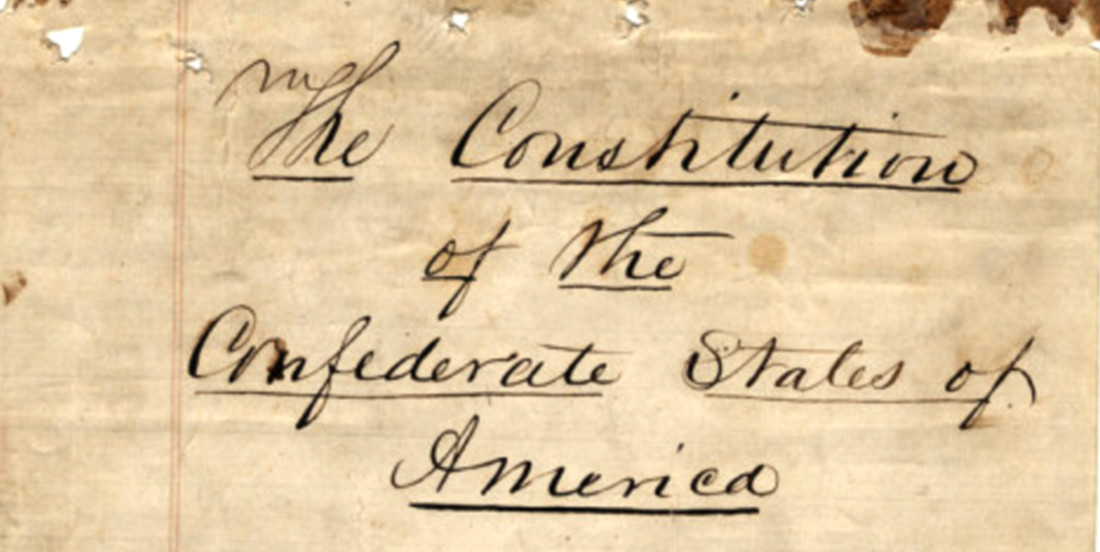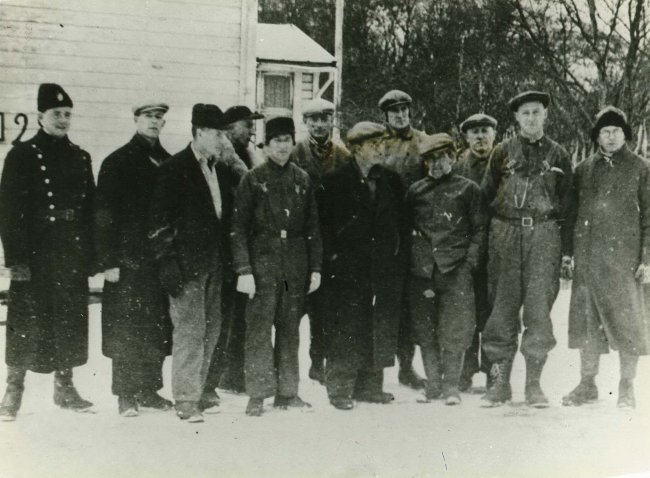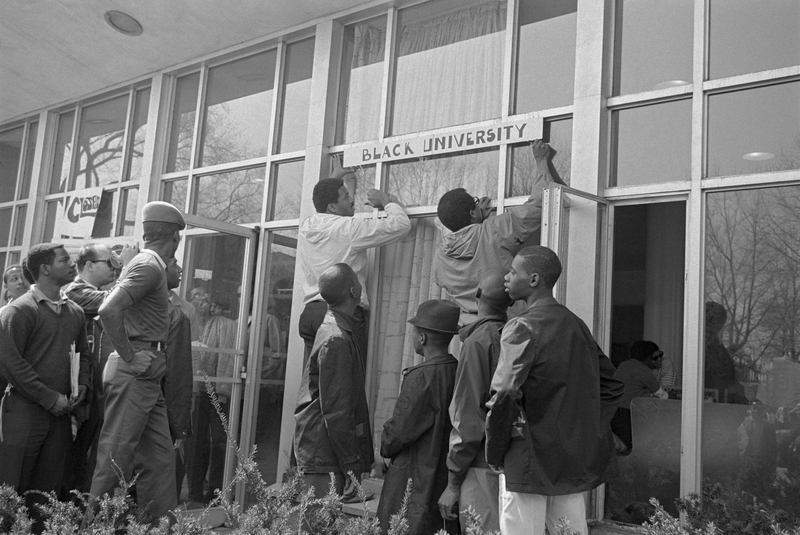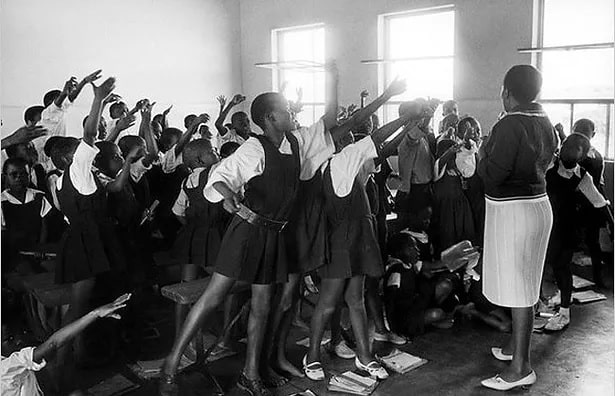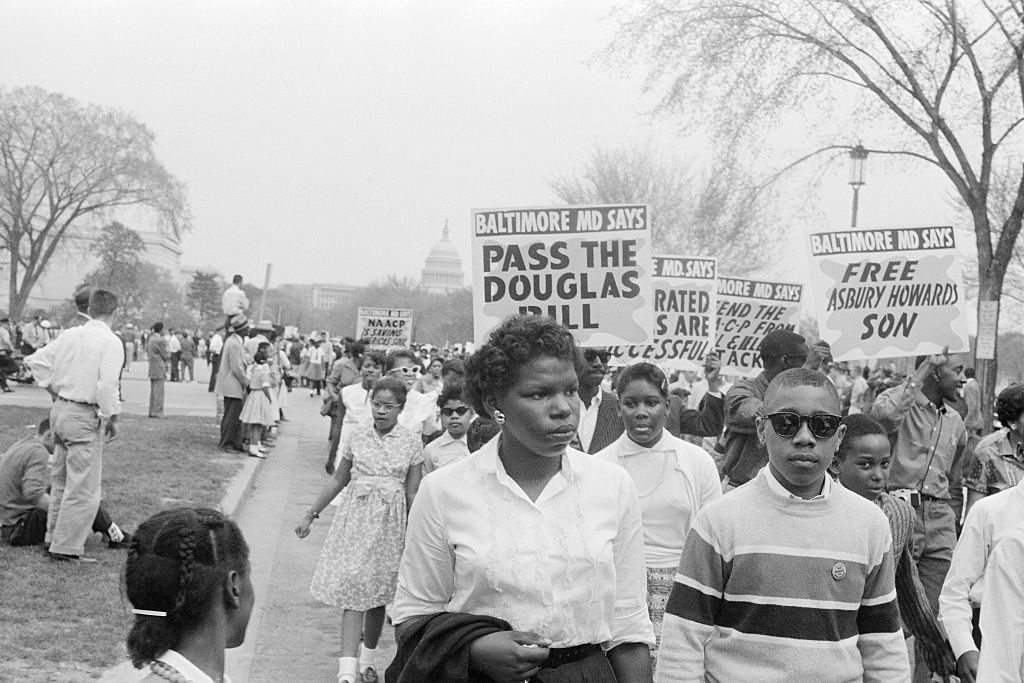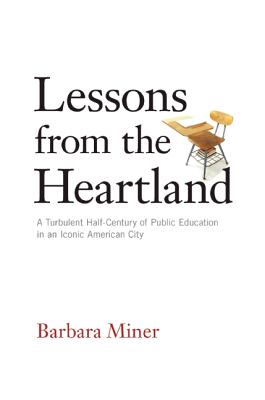Book — Non-fiction and prose. Deborah A. Miranda. 2012. 240 pages.
A compilation of documents, photos, and memoir that recounts the establishment of missions in California and the impact on Indigenous people—then and today.
Continue reading
Article. By James W. Loewen. July 2015 in the Washington Post.
A critique of textbook and mainstream media coverage of the Civil War.
Continue reading
Film. Written, directed, and produced by Nick Kaufman. 1992. 23 minutes.
Contrasting views and scenes from the classroom on teaching about Columbus.
Continue reading
Book — Non-fiction. By Catherine Murphy and Carlos Torres Cairo. 2014. 132 pages (& DVD).
Photos and stories about the highly successful Cuban literacy campaign of 1961.
Continue reading
Article. By James Baldwin. October 16, 1963.
Baldwin addresses the challenges of education to prepare children to grapple with the myths and realities of U.S. history.
Continue reading
Teaching Guide. Edited by Annika Butler-Wall, Kim Cosier, Rachel Harper, Jeff Sapp, Jody Sokolower, and Melissa Bollow Tempel. Rethinking Schools. 2016. 476 pages.
A collection of essays on how to create a nurturing classroom at different grade levels, curriculum, teachers coming out, organizing beyond classroom walls, and integrating LGBTQ+ content into teacher education programs and ongoing teacher education.
Continue reading
Website.
Films, journal, and readings for teachers on education for equity.
Continue reading
Carter G. Woodson initiated the first celebration of Negro History Week which led to Black History Month.
Continue reading
The Ku Klux Klan bombed the home of labor and voting rights activists Harry T. Moore and Harriette Moore — killing them both. Harriette Moore taught elementary school, secretly teaching her students Black history in the face of bans by the state superintendent.
Continue reading
Helen Keller wrote a letter to the students who planned on burning all books deemed “un-German.”
Continue reading
In disciplined groups and singing freedom songs, students “ditch” class to march for justice and fill the jails.
Continue reading
The Supreme Court ruled 7-2 in Tinker v. Des Moines that students do not “shed their constitutional rights to freedom of speech or expression at the schoolhouse gate.”
Continue reading
Arturo Alfonso Schomburg, bibliophile, collector, writer, who spent his life championing Black history, was born on this day.
Continue reading
Barbara Johns (16-years-old) led her classmates in a strike to protest the substandard conditions in Prince Edward County, Virginia.
Continue reading
Harriet Elizabeth Brown, a teacher from Maryland, sued for equal pay for Black teachers and won the case.
Continue reading
Teachers and administrators from the Florida Education Association (FEA) walked out in what is reported to be the first statewide teachers’ strike.
Continue reading
W. E. B. Du Bois, sociologist, historian, Pan-Africanist, author, and editor, was one of the most important scholars of the 20th century.
Continue reading
John Hope Franklin, born this day in Rentiesville and raised in Tulsa, Oklahoma, was one of most important historians of the 20th century.
Continue reading
The Constitution of the Confederate States of America was adopted a month before the Civil War started.
Continue reading
More than 1,300 Norwegian teachers were arrested by the German Nazi-installed government.
Continue reading
Howard University students seized the Administration Building, demanding changes in the discipline policy, the addition of courses in African American history, and more.
Continue reading
The African National Congress called on parents to withdraw their children from schools to resist the 1953 Bantu Education Act.
Continue reading
26,000 high school and college students came to Washington, D.C. to demand the end of segregated schools.
Continue reading
Book — Non-fiction. By Barbara Miner. 2013. 305 pages.
The history of public education in Milwaukee in the context of the broader story of racism in the rust belt.
Continue reading

